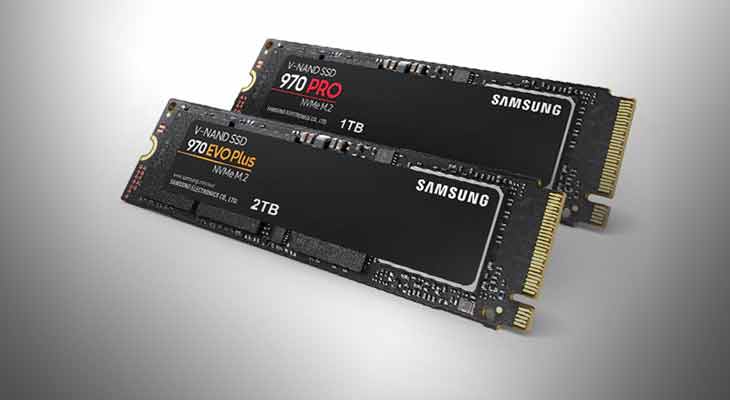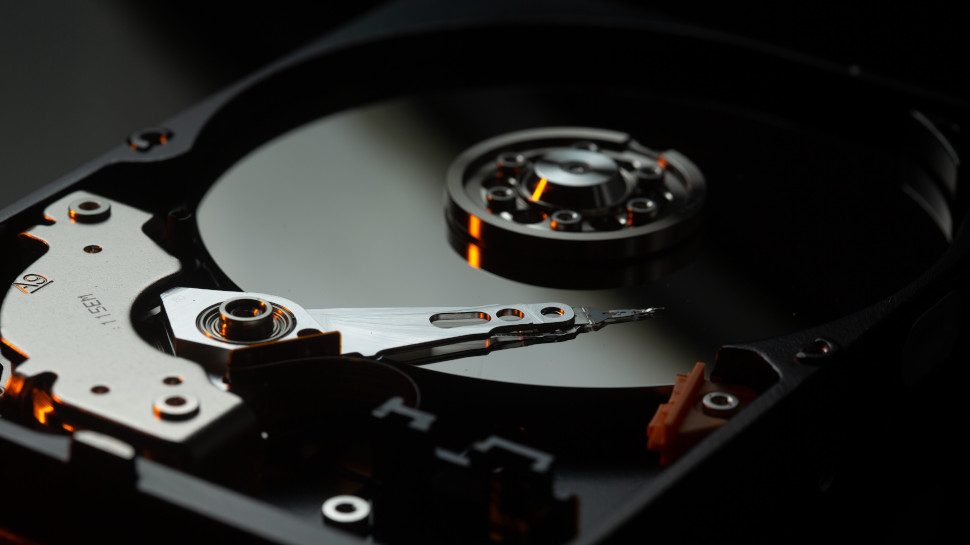In Today'sTip session : SSD vs HDD: Which One Should You Choose for Your Computer?
Choosing between a Solid State Drive (SSD) and a Hard Disk Drive (HDD) can be a confusing task, especially when it comes to deciding which one to use for your computer. Both SSDs and HDDs have their own advantages and disadvantages, and the choice between them will largely depend on your specific needs and requirements. In this blog post, we will take a closer look at SSDs and HDDs, and help you determine which one is the best choice for you.
Solid State Drives (SSDs)
An SSD is a type of data storage device that uses flash memory to store data. Unlike HDDs, which use spinning disks to read and write data, SSDs have no moving parts, making them faster and more reliable. This also means that they are less likely to break or fail, as there are no moving parts that can wear out over time.
One of the key benefits of SSDs is their speed. They are significantly faster than HDDs, which means that your computer will start up more quickly, and your applications and programs will load faster. This can be especially beneficial for users who require a fast, responsive computer for demanding tasks such as gaming, video editing, or graphic design.
Another advantage of SSDs is their low power consumption. They use less power than HDDs, which can help extend the battery life of your laptop and reduce your energy costs.
However, SSDs do have some disadvantages. One of the biggest disadvantages is their cost. SSDs are significantly more expensive than HDDs, and the larger the capacity, the more expensive they become. This can make it difficult for some users to afford an SSD large enough to store all of their data.
Hard Disk Drives (HDDs)
HDDs are the more traditional type of data storage device, and have been around for many years. They use spinning disks to read and write data, and are still widely used today.
One of the main advantages of HDDs is their cost. They are much less expensive than SSDs, which makes them a popular choice for users who need to store a large amount of data, but don't want to spend a lot of money.
Another advantage of HDDs is their larger storage capacity. While SSDs are becoming more affordable, they still tend to be more expensive on a per-gigabyte basis than HDDs. This makes HDDs the ideal choice for users who need to store a large amount of data, such as videos, music, and photos.
However, HDDs are slower than SSDs, which can make your computer feel slower and less responsive. They are also more likely to break or fail, as the moving parts can wear out over time. Additionally, HDDs consume more power than SSDs, which can reduce the battery life of your laptop and increase
So, Which One Should You Choose?
The choice between an SSD and an HDD will largely depend on your specific needs and requirements. If you need a fast, responsive computer that is less likely to break or fail, an SSD may be the best choice for you. If you need to store a large amount of data, but don't want to spend a lot of money, an HDD may be a better option.
In conclusion, both SSDs and HDDs have their own advantages and disadvantages, and the best choice for you will depend on your specific needs and requirements. If you are still unsure which one to choose, consider speaking with a computer specialist who can help you determine which type of data storage device is the best choice for your specific need



Comments
Post a Comment